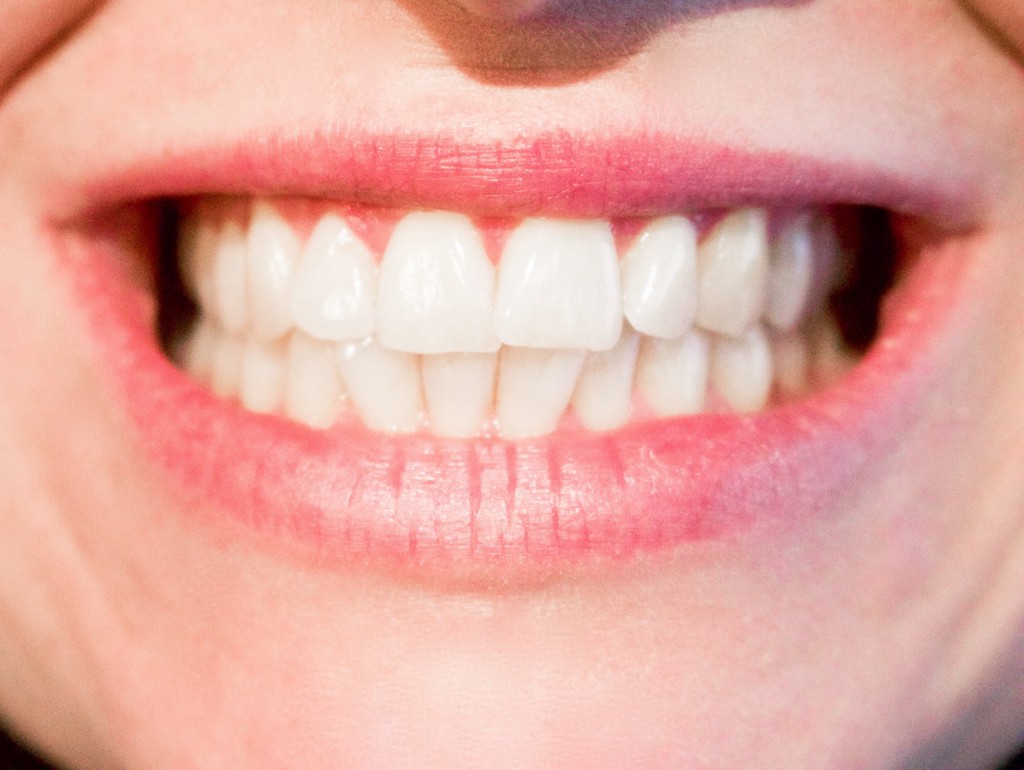Million-Dollar Smile
What our teeth say about us.

Straight, white teeth are associated with social success — just about everyone on TV or with a big job has them. People drop $2,000 per tooth on porcelain veneers to hide the smallest imperfections. Trump has unusually perfect, snow-white teeth, prompting numerous cosmetic dentists to publicly note that he seems to have had expensive work done.
“If I see someone with perfect teeth, I think, ‘Oh, man, they’re out of my league,’ ” Matello said. “Us poor people ‘status’ each other. We’re like, ‘Ah, dude, you don’t have any teeth!’ Or if you see someone with little jagged yellow stubs, you think, ‘Oh, man, you have lived here your whole life, haven’t you?’ ”
At the Washington Post, Mary Jordan and Kevin Sullivan spent some time on Maryland’s Eastern Shore looking at how dental care remains one of the biggest divides between the rich and the poor. Clinics run by organizations like Mission of Mercy draw huge lines of people waiting for free dental care. A lot of the people served by these clinics have full time jobs, which may provide them with health insurance but not dental insurance, which is often prohibitively expensive.
Some Americans spend billions to get teeth whiter. Some wait in line to get them pulled.
Even Medicare, the federal health program that covers 55 million seniors and disabled people, does not cover dental problems. For that, people must buy dental insurance, which typically limits annual benefits to about $1,500 per person — an amount that has barely budged in decades, even as costs have risen.
The price of employer-provided plans varies greatly, and can cost a family $500 a year or more, industry experts said. For those whose jobs don’t offer dental benefits, it can be even more expensive. So tens of millions go without: More than a third of American adults have no dental coverage, according to the ADA’s Health Policy Institute.
Good teeth mean good health, good habits, cleanliness, a general sense of decorum that crooked, stained, or otherwise imperfect teeth lack. Braces are rarely covered in full by dental insurance unless you they’re considered medically necessary. Braces are also pretty expensive. Clean, white, pearly teeth denote health, wealth and the kind of insurance plan that allows for regular dental checkups and maintenance.
I had a root canal when I was 13, the result of an unchecked cavity that went longer than it should have, due to lack of dental insurance. Thankfully, I’ve forgotten most of the experience, as it was extremely painful, but I do remember feeling a shame at the fact that my teeth had somehow gotten to this point at such a young age.
Unlike other health issues that are easier to hide, teeth are a valuable part of a first impression. Friends of mine have told me repeatedly that one of the first things they look at when considering a romantic partner is their teeth and whether or not they’re “good.” Even if a job interviewer isn’t writing down bad things about a prospective employer’s teeth per se, physical apperance matters. Teeth are important! Teeth matter.
As Sarah Smarsh wrote in a 2014 essay at Aeon, “Poor teeth, I knew, beget not just shame but more poorness: people with bad teeth have a harder time getting jobs and other opportunities. People without jobs are poor. Poor people can’t access dentistry — and so goes the cycle.”
There is no shame worse than poor teeth in a rich world – Sarah Smarsh | Aeon Essays
Support The Billfold
The Billfold continues to exist thanks to support from our readers. Help us continue to do our work by making a monthly pledge on Patreon or a one-time-only contribution through PayPal.
Comments